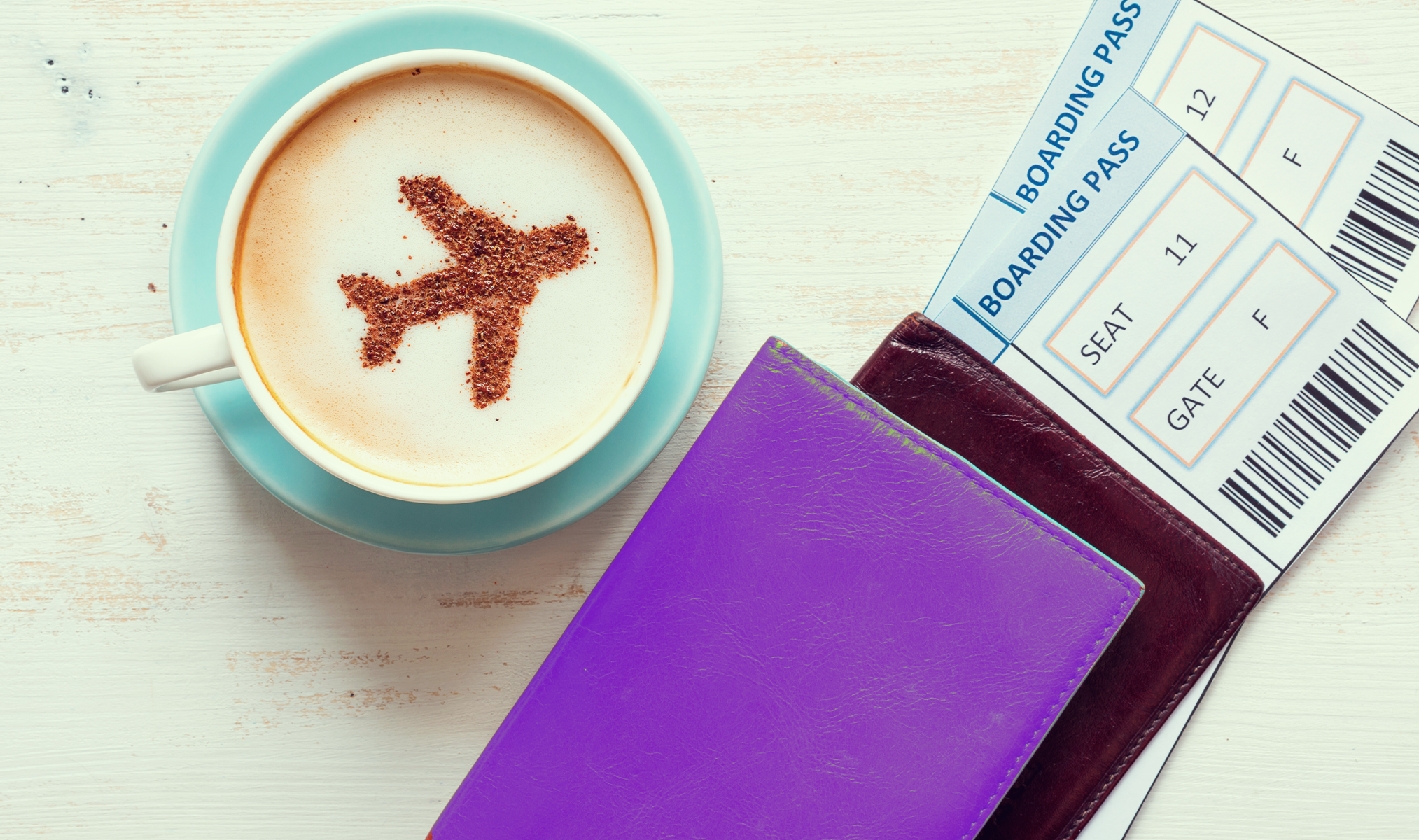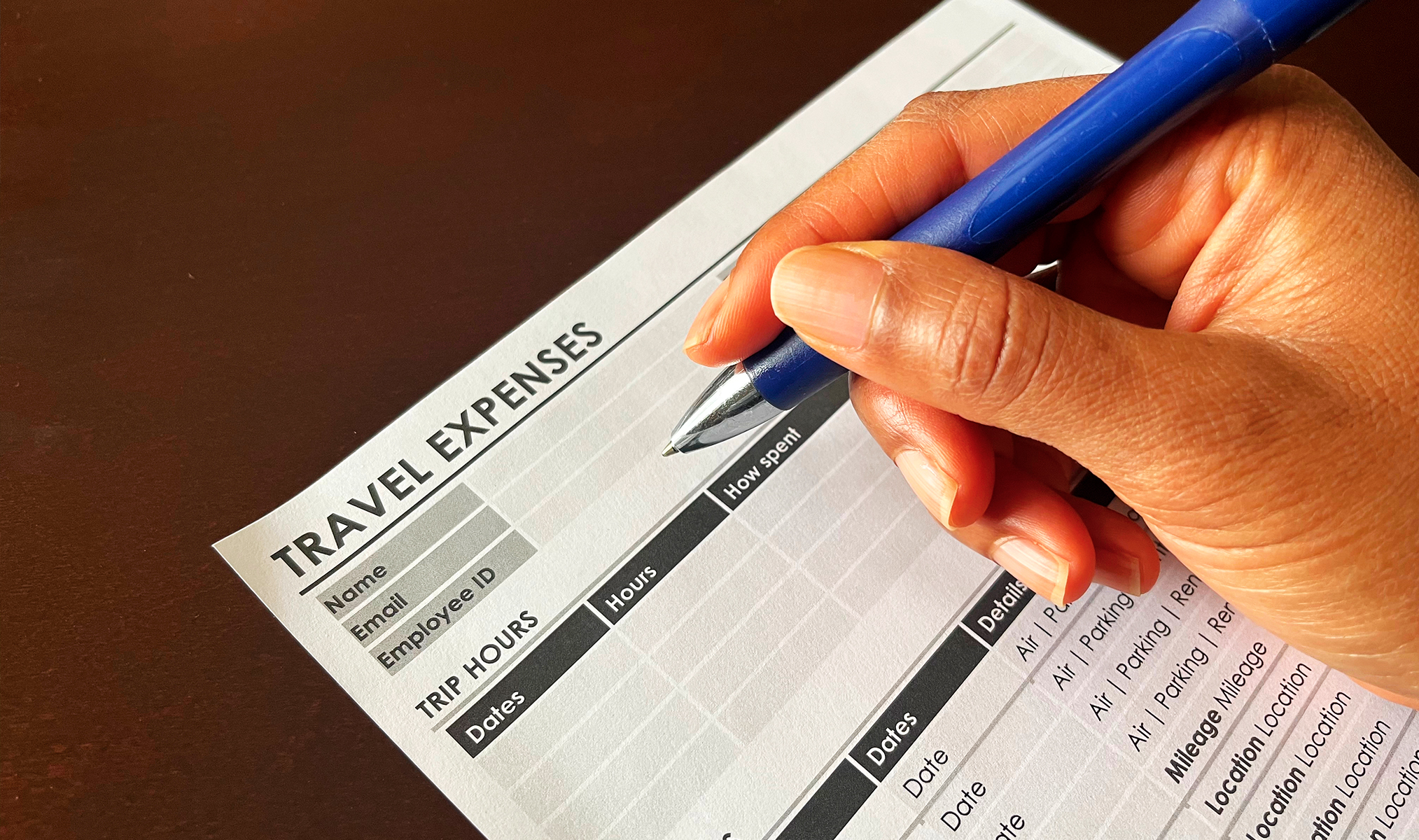Why corporate travel is important for business
Corporate travel is essential for any company that wants to succeed in a large world. It often boosts earnings, as it helps businesses generate new opportunities and strengthen relationships. Moreover, the advantages of corporate travel go beyond just profits and internal development.
When business trips are planned, the chance given to employees creates new possibilities and prospects for learning and growth.
It’s obvious why the planning and execution of these trips should be done with care. Without a well-organized and defined plan, corporate travel can become a disaster, causing you to arrive late to meetings, lose opportunities, and have an unsuccessful trip.
The challenges of corporate travel planning
Finding affordable travel rates
Corporate travel has many benefits, including the expected return on investment. However, you can only pocket this return if you don’t first spend it all on planning the trip. That said, planners are always on the hunt for the best and most affordable rates to align with travelers’ needs and preferences. With so many platforms offering hundreds of choices on accommodation and differences in rates, finding rates that fit into the travel budget can be challenging and frustrating.

Corporate travel has many benefits, including the expected return on investment.
Photo: ZinaidaSopina/ Shutterstock.com
One highly recommended booking site to consider when planning corporate travel is Roundtrip. With a modern and user-friendly interface, corporate travel planners can find affordable rates on some of the top accommodations, airfare, and more worldwide.
Accounting for travel risks and emergencies
Corporate travelers may face various risks and uncertainties during their trips, such as health issues, security threats, natural disasters, or travel disruptions. They need to be prepared and informed about the potential hazards and the contingency plans in case of emergencies. They also need to have access to reliable sources of information and assistance, such as travel insurance, medical services, and consular support.
Staying compliant with all regulations
Corporate travelers need to abide by the laws and regulations of their destination countries, as well as the policies and procedures of their own organizations. They need to have the proper documentation, such as passports, visas, and permits, and follow the customs and etiquette of the local culture. They also need to report and document their travel expenses and activities according to their employers’ and auditors’ guidelines and expectations.

Also need to report and document their travel expenses and activities according to their employers’ and auditors’ guidelines and expectations.
Photo: Jenari / Shutterstock.com
Maintaining a balance in work and life
Corporate travelers may experience stress and fatigue due to the demands and pressures of their work and the challenges and inconveniences of their travel. They may have to cope with jet lag, long hours, tight schedules, and unfamiliar environments. They may also have to deal with the impact of their travel on their personal lives, such as missing family and friends or neglecting their health and well-being.
10 best practices for planning successful corporate trips
1. Communicate clearly across all team members
When it comes to travel, communication cannot be understated. From the core purpose of the trip and the overall budget to the attendees and reimbursement procedures, these components should be communicated amongst coordinators and managers and passed along to any travelers. This can help ensure compliance, accountability, and transparency, as well as align the travel goals and outcomes with the business objectives and priorities.
One way a corporate travel manager can effectively communicate all of the trip details is by using one of the various platforms available.

When it comes to travel, communication cannot be understated.
Photo: fizkes/ Shutterstock.com
2. Use a reliable and user-friendly booking platform
Using a reliable booking platform is crucial in ensuring a smooth and hassle-free travel experience. It provides confidence in the availability of travel options, competitive pricing, and secure payment methods, ultimately leading to a more satisfying and stress-free travel experience for both travelers and planners.
3. Plan and book travel in advance
By planning and booking in advance, you can secure the best rates, availability, and quality of travel suppliers and avoid last-minute changes, fees, and hassles. Waiting until the last minute to book accommodations, flights, and rentals can cause major challenges and result in a less-than-desirable experience for travelers.
4. Optimize travel itineraries and schedules
By choosing the most convenient and efficient travel routes, modes, and times and minimizing travel time, distance, and transfers, travelers can enhance their comfort and productivity and balance their work and personal lives. For example, booking non-stop flights can help ease your travelers’ stress by eliminating the risk of missing flights and allowing flyers to rest throughout the journey.

By choosing the most convenient and efficient travel routes, modes, and times and minimizing travel time, distance, and transfers, travelers can enhance their comfort and productivity and balance their work and personal lives.
Photo: Marharyta Gangalo/ Shutterstock.com
5. Customize travel arrangements and services
The needs and preferences of your travelers should be strongly considered when making travel arrangements. By listening to feedback, you can offer them more choices, flexibility, and convenience, such as alternative travel dates, destinations, and suppliers. Or you may choose to add ancillary travel services, such as lounge access, seat selection, or baggage allowance. This can help increase the travel loyalty and engagement of travelers, as well as cater to their diverse and changing travel demands and expectations.
6. Keep records of all expenses and reimbursement
It is easy to accidentally go over budget when traveling if you neglect an organized system to track all expenses and reimbursements. You can avoid going over budget with a centralized and automated travel expense management system that helps track and report travel spending, receipts, and invoices. These systems can also be set up to automate some processes such as approving or denying expenses or sending reimbursement payments to the correct recipients.
Tools such as Roundtrip can help manage corporate travel expenses by offering special rates and automated expense reporting.
With a clear record, business owners can better control and optimize their travel budget.

It is easy to accidentally go over budget when traveling if you neglect an organized system to track all expenses and reimbursements.
Photo: MaxZolotukhin/ Shutterstock.com
7. Provide travel support and assistance
One of the challenges of corporate travel is ensuring that travelers have a smooth and hassle-free experience, especially when they encounter unexpected issues or emergencies. Travel support and assistance can include providing 24/7 customer service, access to travel alerts and advisories, visa and passport assistance, and itinerary changes/cancellations. With these tools at the hands of your travelers and travel managers, everyone involved can feel secure and safe throughout the entirety of the trip.
8. Do your destination research
Before you send your employees on their corporate trips, you need to do some thorough research on the destinations they will visit. You should gather information on the weather conditions, transportation options, local safety concerns, and any travel restrictions or requirements that might affect their travel plans.
You should also familiarize yourself with the culture and customs of the destinations and inform your travelers of any social norms or etiquette that they should follow. This will help them avoid any misunderstandings or conflicts and make a positive impression on their business partners.

Before you send your employees on their corporate trips, you need to do some thorough research on the destinations they will visit.
Photo:Rawpixel.com / Shutterstock.com
9. Pick accommodations wisely
Travel and work are both exhausting, so it’s important to ensure your travelers have a good night’s rest before any meetings or conventions. A good night’s rest starts with the accommodation you choose. That said, narrow your search by looking at hotels near where any conferences or meetings will be held.
Location is not the only concern when booking accommodation. In addition, you should look over hotel reviews to ensure that they are clean and well-staffed. You may also consider choosing a hotel with breakfast supplied or amenities available. These bonuses can help boost morale, motivation, and overall trip enjoyment.
10. Make it fun with a bleisure trip
One way to boost your employees’ morale is to arrange a few fun activities for them to participate in while on a business trip. This could be anything from supplying food vouchers for high-end restaurants to setting up a stipend to enjoy some of the local tourist attractions. However, when picking out activities, it is important to consider environmental factors and time constraints (you don’t want to book any hikes during peak rain season).
Not only do bleisure trips boost mood and motivation, but they also act as an incentive for employees to take on corporate travel.
With happier travelers tracking down leads and attending meetings, companies often yield better results in terms of ROI and corporate travel.

One way to boost your employees’ morale is to arrange a few fun activities for them to participate in while on a business trip.
Photo: Freeograph/ Shutterstock.com
Successful corporate trips with Roundtrip
To plan successful corporate trips, you need a reliable and experienced partner, like Roundtrip, who can handle all the aspects of travel management. Whether you need to book flights, hotels, car rentals, or activities, we have you covered. We also provide travel support and assistance to ensure your travelers have a smooth and hassle-free experience.
Contact us today and take advantage of our exclusive rates and access to affordable corporate travel solutions!


